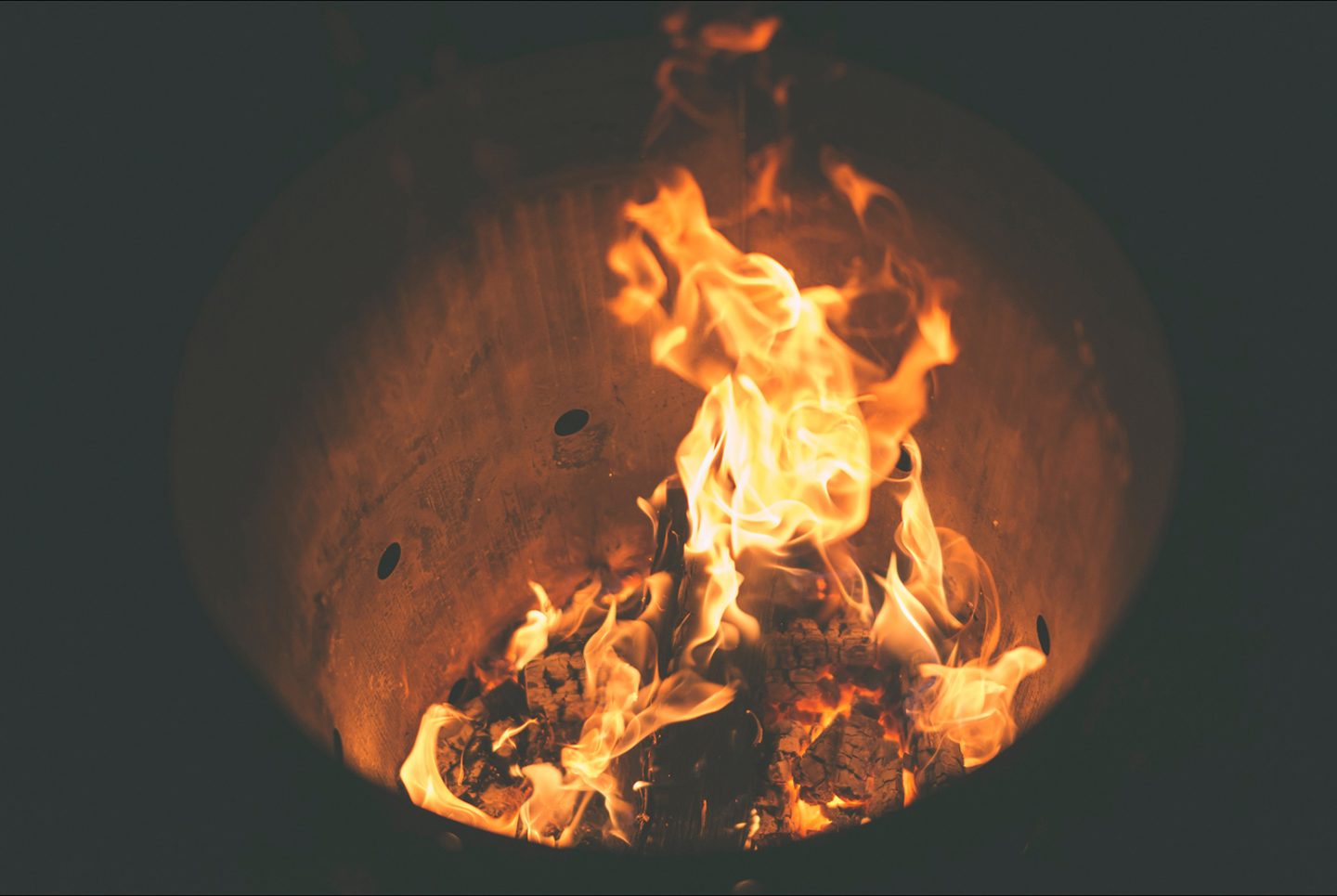“Cannot swim today, it’s too late already, later the zhui gwee (‘water ghost’ in Hokkien) catch you ah.”
It was that time of the year again – the seventh month (七月) in the Chinese lunar calendar. I could argue that I needed the swimming practice, and I’d wear my arm floaties – but no one was going to out-talk ah ma. Certainly not a five-year-old child.
The beliefs that my grandmother held about the seventh month spilled into my early life, through swimming bans and cautions to avoid the makeshift altars left out by the roadside.
I remember watching my family members fold “hell money” before burning it in a small, red burner that sat outside the house.
“How are they going to get the money?” I remember asking as a six-year-old.
I joined in the festivities anyway. I liked seeing my family do things together, and I wanted to be a part of it, even if my tiny hands never did succeed at folding a paper ingot.
Not just me – it feels like there’s a generation gap in keeping up with the traditions.
The traditions of seventh month were embedded in my consciousness. But the annual activity ended when I moved out of my grandmother’s house.
Not just me – it feels like there’s a generation gap in keeping up with the traditions.
Most of us don’t oppose the rules in open defiance, whether out of fear of offending the spirits or out of respect for those who do follow the tradition, depending on your beliefs.
I’m sure many of us in the younger generation still think twice about taking something from a makeshift altar by the pavement or taking the front row (said to be reserved for “special guests”) at a getai.
These days, I no longer participate in the traditions and rituals of the seventh month.
You wouldn’t find me offering incense, though I would gladly sit out of a swimming session – out of respect – if someone from the older generation requests that I do.
I always wondered what this season says about what we believe about life after death.
If we burn paper money and houses for our relatives, does it mean we believe that the underworld is where they have gone? Is that also where they believed they were going?
The festival may not mean what it used to for me – but it gives pause for thought. It’s an opportunity for us to think about death before death comes.
There is a great big, confusing web of religion, folklore, science and superstition to make sense of. But at the heart is the profoundly simple question that even children ask: Where do we go after we die?
Is this lifetime all there is to the story? But then why does it feel like we were made for more?
This month, the country pauses to focus on death – honour for the departed, the horror of hell, the inevitability of the end.
Some of us go in search of answers, while some of us prefer to find out only when the end comes. I fell somewhere in the middle of that continuum.
As a child, I wondered if I had a say in where I would go, and if it was dependent on more than just being a good person in this lifetime because that sounded like a terribly tall order (1 John 1:8-10).
Many years later, I found my answer in the Bible. Jesus said that He has come to give us life, and it has been fully paid for – for anyone who would believe (John 3:16).
I’d seen depictions of “heaven” in both American and local Chinese television shows, but I’d never heard it spoken about as a reality for my life until I read the Bible:
“My Father’s house has many rooms; if that were not so, would I have told you that I am going there to prepare a place for you?” (John 14:2)
This month, the country pauses to focus on death – honour for the departed, the horror of hell, the inevitability of the end.
Don’t discount the possibility that hell isn’t all that could await.









